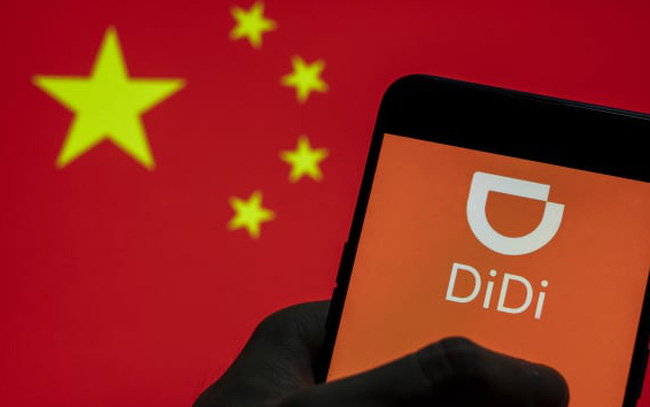After the e-commerce giants, China “touched” a series of ride-hailing apps, Didi, Meituan topped the table
- Tram Ho
The Ministry of Transport and several other regulators, including the Cyberspace Administration and China’s State Market Supervision Bureau, worked together with leaders of these companies, including Didi, T3 and Meituan, the leading names in the ride-hailing industry in the country of 1.4 billion people.
Regulators allege these services are recruiting unapproved drivers and vehicles. Platforms must examine their own problems, correct illegal behavior, protect the market order towards fair competition, and create a healthy environment for the development of the call service industry. vehicle, ” said China’s Ministry of Transport.
According to the ministry, ride-hailing companies that are required to work with the regulator have pledged to fix any problems and stop registering unqualified drivers.

Currently, Didi and Meituan have not given any feedback.
Recently, Didi is the name under the most pressure from Chinese regulators. Just days after its hit IPO in the US, the ride-hailing giant, which holds about 90% of the market share in China, was forced to stop allowing new users to sign up in July. Meanwhile, its competitors are Didi quickly slashed prices to attract new users. However, many of these businesses have also been summoned by Chinese authorities.
The regulator argues that all ride-hailing platforms must ensure that they conduct the necessary approvals for vehicles and drivers wishing to participate. In addition, they must not entice their driver-partners through fake promotions or pass the risk on to the driver. Drivers should also have enough time off and businesses should reduce the commission they receive from each trip.
At the moment, China is promoting the idea of ”common prosperity,” an effort to both share wealth and ensure workers’ rights. Currently, the technology and entertainment sectors are being closely monitored, and others may soon be monitored as well.
Didi and e-commerce giant JD.com have formed a union for workers. This is a move that makes a lot of sense because unions in private enterprises are rare in China.
Before the ride-hailing industry, e-commerce was the first target of Chinese regulators’ attention. Many e-commerce companies have been fined, including Alibaba with a historic fine of up to $ 2.8 billion for alleged monopoly. Tencent was also heavily fined for the same charge.
Currently, China is very focused on protecting user data. Various Chinese regulators have emphasized that companies in this sector need to take measures to protect user data. China has also passed two major laws related to data security and privacy that tech companies are forced to comply with.
Source : Genk
